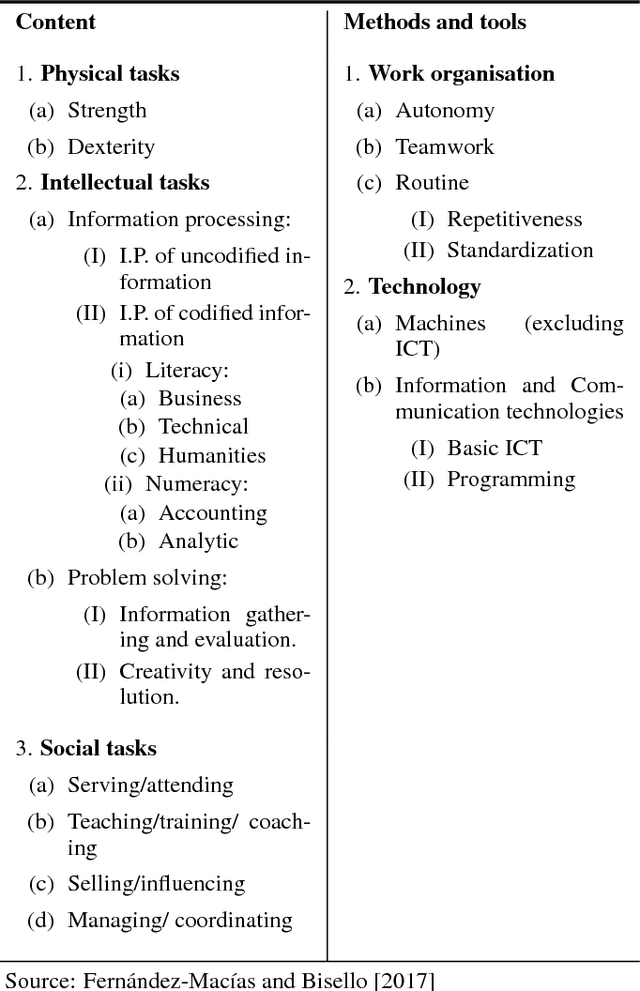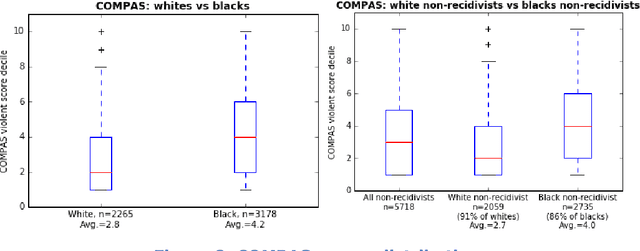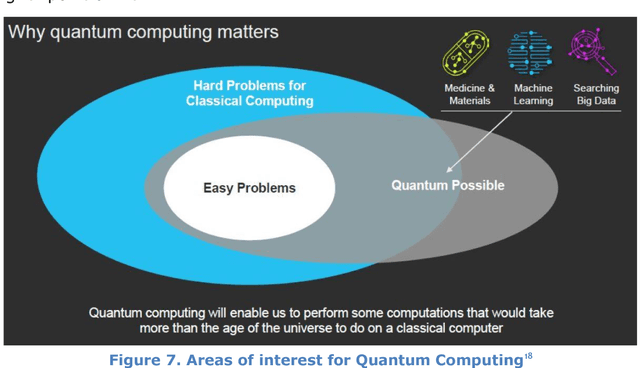Bertin Martens
A multidisciplinary task-based perspective for evaluating the impact of AI autonomy and generality on the future of work
Jul 06, 2018
Abstract:This paper presents a multidisciplinary task approach for assessing the impact of artificial intelligence on the future of work. We provide definitions of a task from two main perspectives: socio-economic and computational. We propose to explore ways in which we can integrate or map these perspectives, and link them with the skills or capabilities required by them, for humans and AI systems. Finally, we argue that in order to understand the dynamics of tasks, we have to explore the relevance of autonomy and generality of AI systems for the automation or alteration of the workplace.
Assessing the impact of machine intelligence on human behaviour: an interdisciplinary endeavour
Jun 07, 2018


Abstract:This document contains the outcome of the first Human behaviour and machine intelligence (HUMAINT) workshop that took place 5-6 March 2018 in Barcelona, Spain. The workshop was organized in the context of a new research programme at the Centre for Advanced Studies, Joint Research Centre of the European Commission, which focuses on studying the potential impact of artificial intelligence on human behaviour. The workshop gathered an interdisciplinary group of experts to establish the state of the art research in the field and a list of future research challenges to be addressed on the topic of human and machine intelligence, algorithm's potential impact on human cognitive capabilities and decision making, and evaluation and regulation needs. The document is made of short position statements and identification of challenges provided by each expert, and incorporates the result of the discussions carried out during the workshop. In the conclusion section, we provide a list of emerging research topics and strategies to be addressed in the near future.
 Add to Chrome
Add to Chrome Add to Firefox
Add to Firefox Add to Edge
Add to Edge